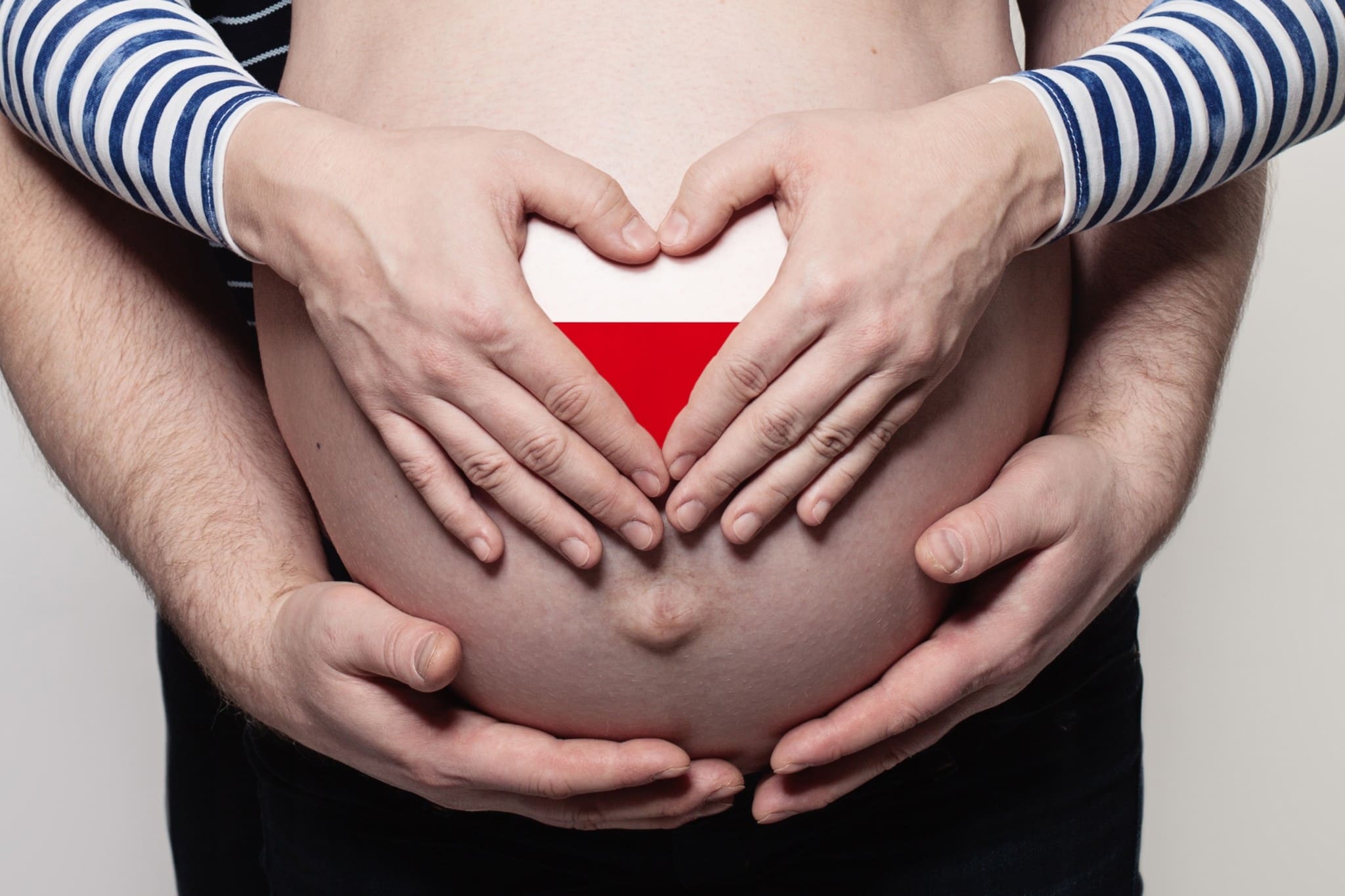Like many European countries, Poland is struggling with a challenging demographic situation, with younger generations of women increasingly going childless, often by choice.
The latest research reveals that the situation may not be improving anytime soon. It shows that 68 percent of Polish women aged between 18 and 45 years do not plan to have children.
The report from the Center for Public Opinion Research (CBOS) shows that only 32 percent of respondents aged between 18 and 45 years revealed that they plan to have children. Only 17 percent want to give birth within the next three to four years.
[pp id=10846]
CBOS conducted similar research in 2017. It turns out that over the course of five years, the percentage of Polish women planning to have children decreased by 9 percentage points from 41 percent. The percentage of women planning to have children within the next three to four years also decreased by 8 percentage points from 25 percent in 2017, according to a report from Polsant News.
This decline could be partially explained by demographic changes that took place since 2017, explained CBOS.
There were fewer younger women in the surveyed group, while the percentage of women aged between 35 and 39, but mostly between 40 and 45, increased substantially,” the CBOS report states.
Women who plan to have children in near future most often live in cities with over 500,000 inhabitants (23 percent), have higher education (22 percent), have at least 2,000 zloty (€425) of monthly personal income (23-29 percent), and are in a relationship (20 percent).
[pp id=55053]
The study reveals that the mean age of Polish women planning to have a child is 30 years, compared to 28-29 in 2017.
It should be noted that some of the women who say they have no plans to have children already have children of their own. However, since the last survey five years ago, the percentage of childless women who do not plan on having children has also drastically increased, from 22 percent in 2017 to 42 percent currently.
The 2021 census showed that Poland is struggling with an aging population and a declining birthrate. As Remix News previously reported, the matter has become a grave concern for the Polish government, which is working to boost the number of Polish births.
Prime Minister Mateusz Morawiecki said last year after the census was released that the report is a tool for conducting policy due to its objective data. He declared that in the near future, Poland will have to face several demographic challenges.
“This is not just about a declining birth rate, which has been a characteristic of many societies, but also an aging population and population decreases resulting from migration waves,” he said.





